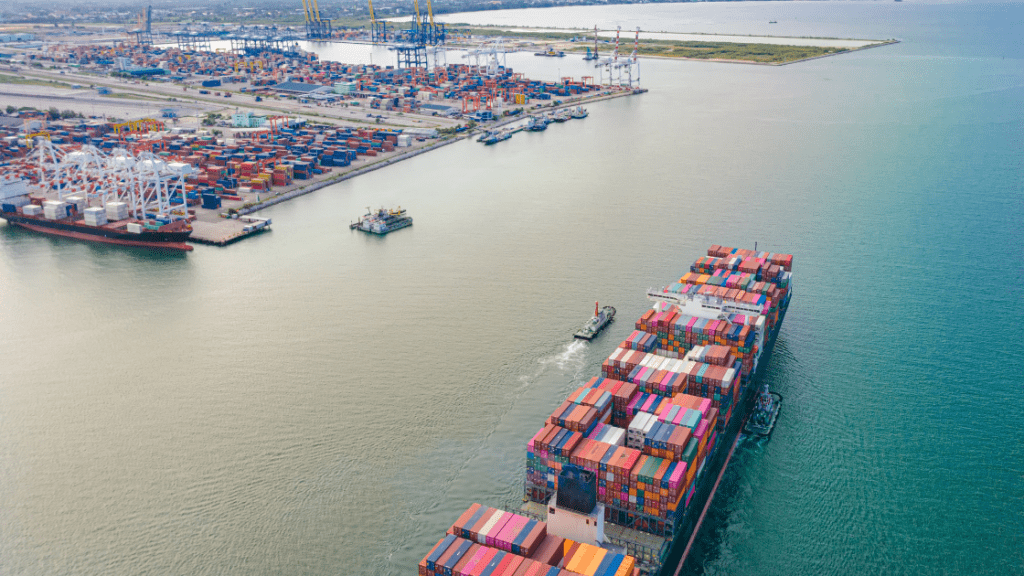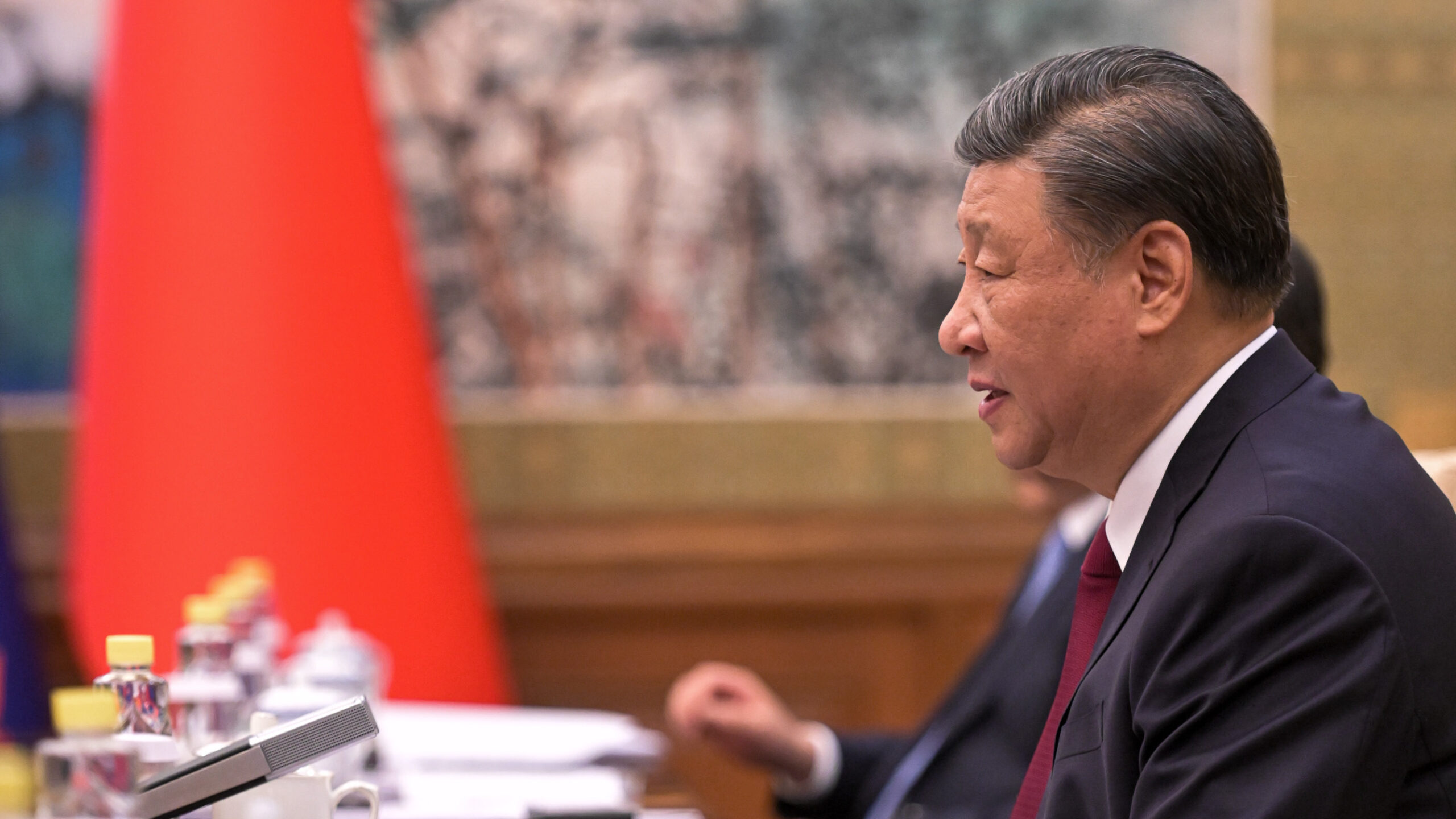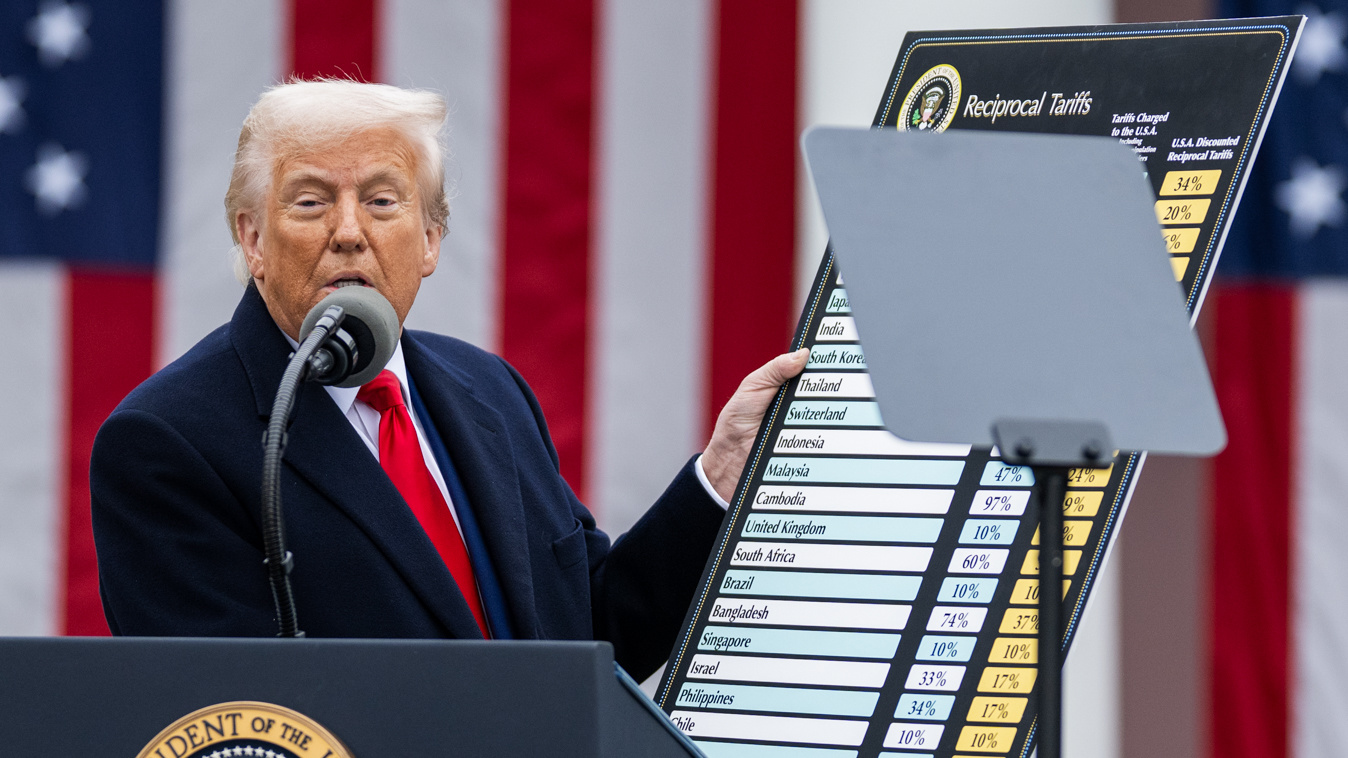WASHINGTON — The Coalition for a Prosperous America (CPA) urged U.S. Customs and Border Protection (CBP) to investigate SHEIN, the Chinese company dominating fast fashion online retail, for exploiting the de minimis loophole to import clothing products suspected of being made with cotton produced in Xinjiang with forced labor. Currently, CBP does not receive even basic data on the contents of de minimis packages that enter the U.S.—a serious loophole that impedes the agency from ensuring goods made with forced labor do not enter the U.S. market. CPA has called for closing the de minimis loophole and supports U.S. Representative Earl Blumenauer’s (D-OR) Import Security and Fairness Act to do just that.
This month, CBP Deputy Executive Assistant Commissioner John Leonard told the National Customs Brokers & Forwarders Association of America, Inc. (NCBFAA) that “China has a free trade deal with the U.S.: it’s called de minimis.”
Roughly 91 percent of all Chinese cotton is produced in Xinjiang, and the CBP’s Uyghur Forced Labor Prevention Act (UFLPA) strategy report identifies cotton as a high-priority sector for enforcement. Additionally, the UFLPA creates a rebuttable presumption that goods and inputs sourced from Xinjiang are made with forced labor and therefore barred entry into the United States unless proven otherwise under a high evidentiary standard.
Earlier this year, CPA’s Economics Team released an analysis that found that the impact of de minimis on the U.S. economy is large and getting larger. CPA estimates the value of de minimis imports into the U.S. at $128 billion last year, suggesting our actual trade deficit in 2021 was 15% higher than official figures show, and U.S GDP was slightly lower. Rising de minimis imports cost the U.S. hundreds of thousands of good-paying jobs and hurt the U.S. manufacturing and brick-and-mortar retail sectors.
“Given both the nature of SHEIN’s unique business model, and how Xinjiang-cotton diffuses throughout and saturates China’s domestic cotton supply, CBP should be able to conclude with a reasonable suspicion, as laid out in 19 U.S.C. § 1307 and the Code of Federal Regulation, SHEIN’s cotton or mixed-cotton products are made with forced labor,” the letter states. “After concluding such, CBP should issue a Withhold Release Order (WRO) against these goods to prevent their importation into the United States.
“SHEIN is a fully digital e-commerce platform with no brick-and-mortar stores; it ships its clothing goods straight to American consumers because it has structured its core business model around exploiting the United States’ gaping $800 de minimis loophole that allows it to game our system by dodging tariffs and inspections,” the letter continues.
Read CPA’s full letter here.












